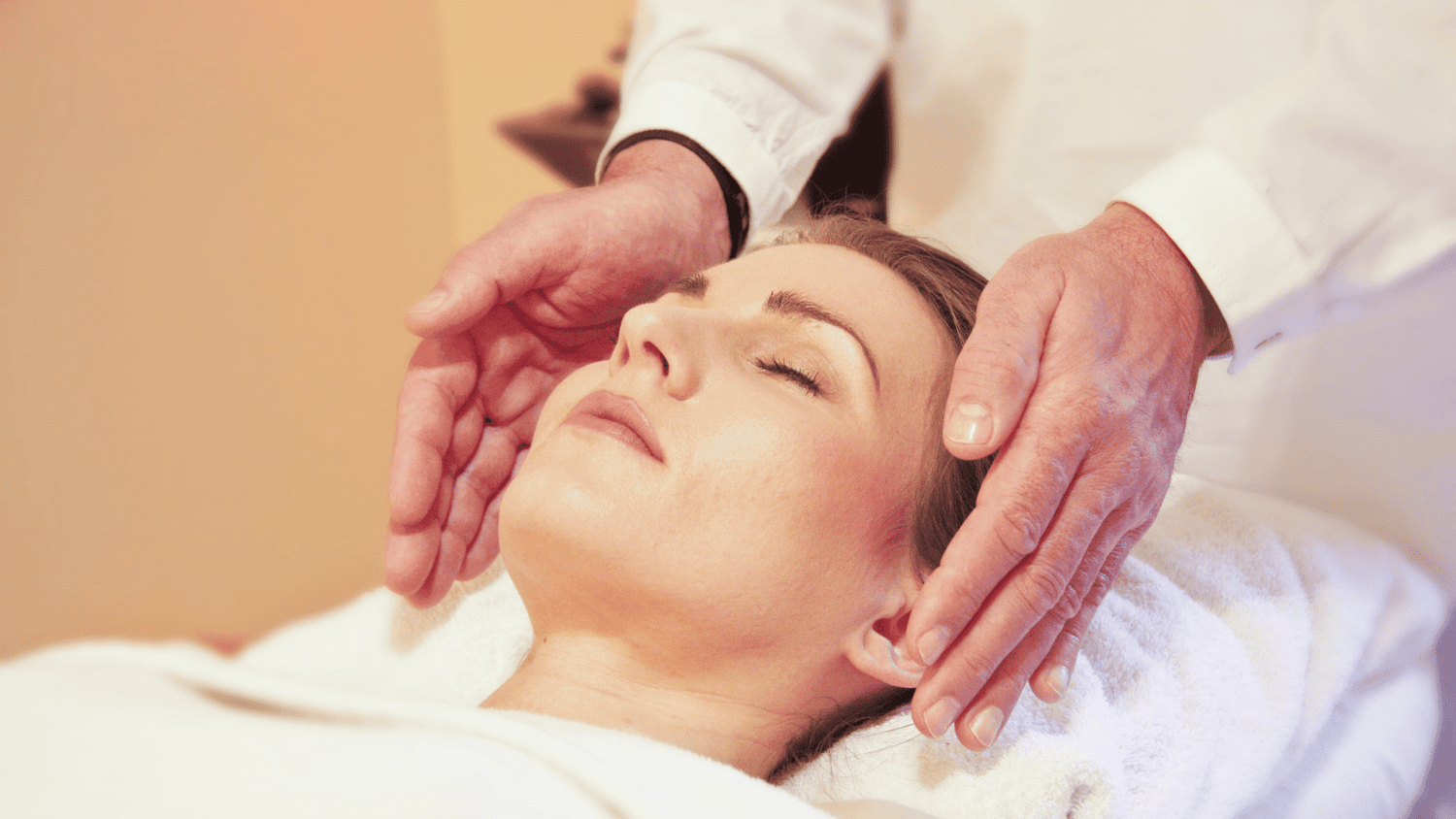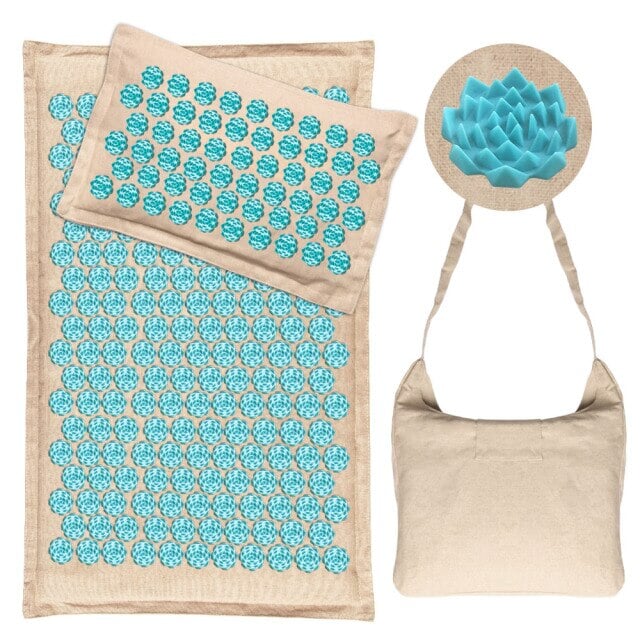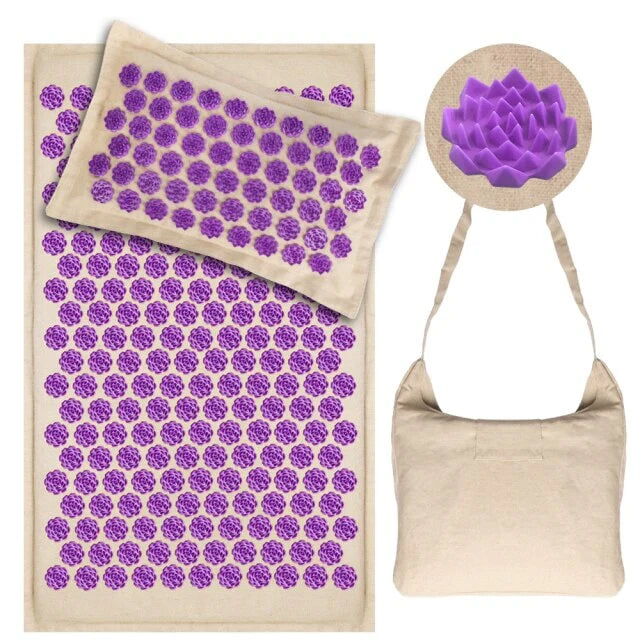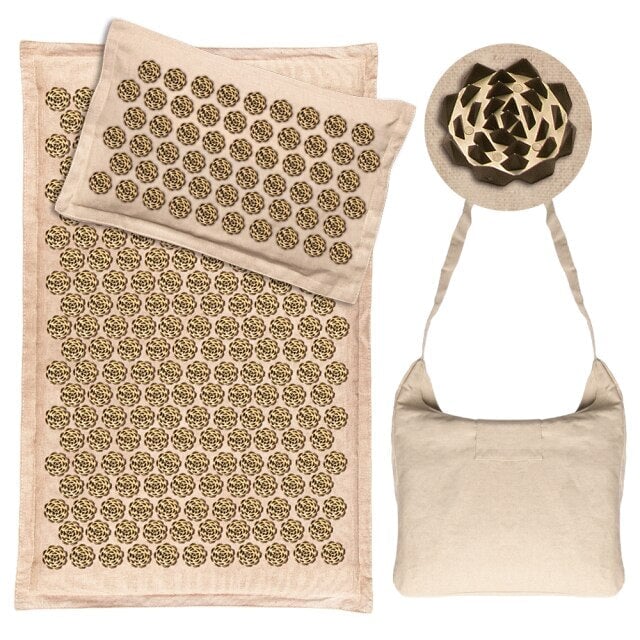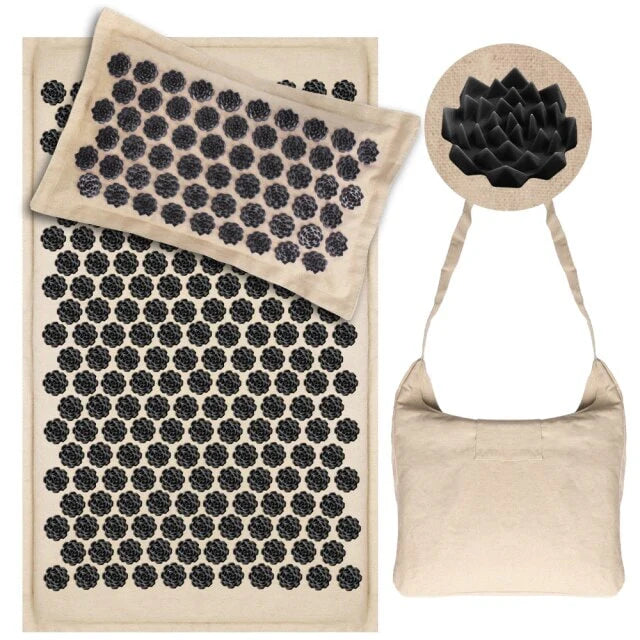It's a Japanese holistic healing method, part of the energetic approach. It was developed in Japan in the early 20th century by its founder, Mikao Usui, a Buddhist monk.
In Japanese, "Rei" means "universal" and includes matter, soul and spirit.
"Ki" refers to the vital energy that circulates within us (as in traditional Chinese medicine and Ayurveda).
The aim of this practice is therefore to recreate the link, harmony and balance between universal energy and vital force, in order to form and awaken an active healing or self-healing process.
Although this technique is not officially recognized as an alternative healing method in the US, it is beginning to see the light of day, and is becoming increasingly widespread and appreciated not only in the US, but throughout the world.
There are 2 main types of Reiki
- Traditional Reiki (as practiced in Japan).
- Western Reiki, whose practices have been adapted to Western mentalities.
It's a preventive health practice that helps you feel good in mind and body. The WHO classifies it as Positive Mental Health.
REIKI is WHAT? Definition of Reiki
Main principles :
It is based on five major precepts, the Gokai (whose translation sometimes differs):
- Today only.
- No anger.
- No worries.
- Show gratitude.
- Be brave.
- Be kind to others.
How does Reiki work?
The ancient Japanese practice of laying on hands, Reiki exists in different forms and consists of an exchange of energy between the practitioner and the patient.
The aim is to place the hands on different levels of the body, including the chakras, in order to provide the best possible relief.
This technique involves the laying on of hands to create an exchange of energies between giver and receiver.
By placing the hands on different levels of the body, including the chakras, the practitioner will act on certain points located on the vagus nerve (which soothes and tranquilizes), helping to heal suffering, illness and various disorders (sleep, stress, pain, weakened immune system...).
Reiki session with the application of hands
Reiki balances the different types of energy, removes excess energy, makes up for deficiencies and helps dissolve blockages and negative energies that cause problems.
Learning Reiki
Reiki is an oral tradition transmitted by a practitioner (master) to a student during an initiation called attunement.
There are 4 levels of initiation
- A first degree focused on personal development, resolving one's own blockages and the history of Reiki. Mastery of this first degree is sufficient to practice Reiki on oneself, one's family, animals and plants.
- A second degree enables you to become a professional
- The third degree corresponds to advanced training as a Reiki Master.
- The fourth degree corresponds to training as a Reiki master teacher.
How a Reiki session unfolds
The practitioner often welcomes the patient in a place that inspires peace and serenity. Relaxing music is often played.
The appointment begins with an interview, a sympathetic exchange about the reasons for the consultation.
Next, the patient is invited to settle down, clothed, on the massage table, where the practitioner will place his or her hands at various precise points, sometimes in contact, sometimes just a few centimetres from the person's body, allowing energy to circulate.
Reiki session
The person receiving the treatment experiences heat of varying intensity, tingling and energy flows... Reiki acts on its own, distributing energies where they are needed.
The treatment can also be carried out at a distance, but only as a complement to face-to-face practice.
What are the benefits of a Reiki session?
Reiki, like many holistic practices, offers a wide range of benefits:
- Relaxation.
- Harmonization of energy circulation.
- Acalming of body and mind.
- A feeling of well-being.
The result is a better night's sleep, improved circulation, less stress and less physical pain.
The principle of self-healing
Of course, as with all alternative practices, Reiki does not dispense with allopathic treatment. In fact, it's strongly recommended that you discuss this complementary treatment with your GP.
Frequently asked questions
Does Reiki work?
Despite American's health system's reluctance to embrace holistic practices because they lack scientific foundations, every year Reiki enables people to recreate the link, harmony and balance between universal energy and the vital force, helping to heal suffering, illness and various disorders (sleep, stress, pain, weakened immune system...).
Why learn Reiki?
Introducing yourself to Reiki will benefit not only yourself, but also others. In fact, Reiki is a complete holistic practice that will give you :
- On the one hand, the energetic ability to channel high-frequency energy for yourself and others, with psychological, emotional and physical benefits.
- And on the other, a philosophy of life developed through Reiki, enabling you to build up a marvellous toolbox rooted in personal development.
That's it! You know all about Reiki! So, would you like to give it a try, or even get trained?
Don't hesitate to let us know what you think of this practice, and discover other holistic healing methods such as Qi Gong, which is based on breath control and combines slow movements with breathing and meditation exercises!


